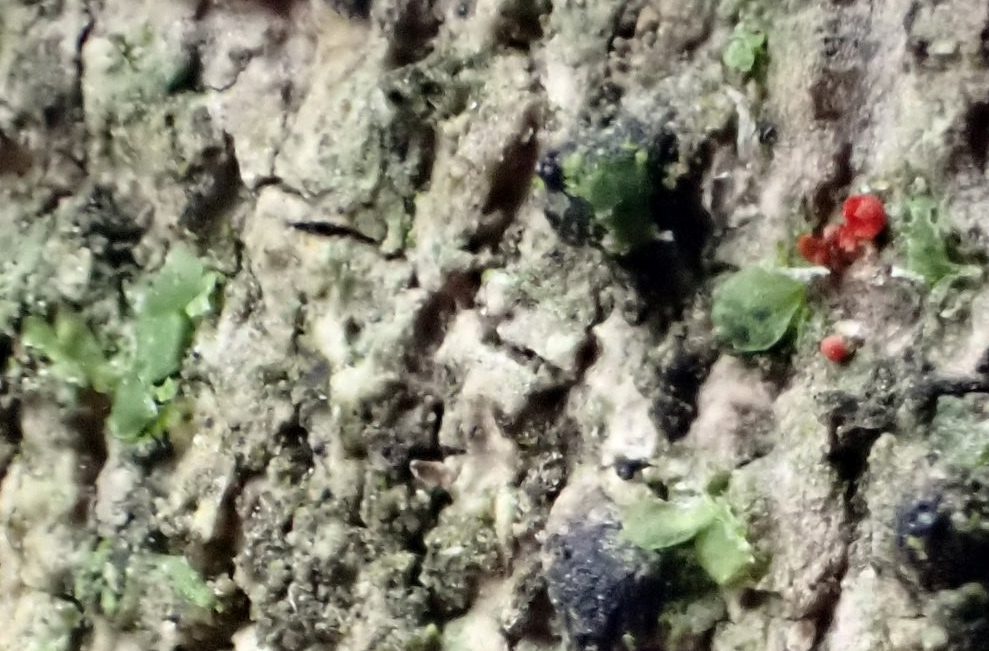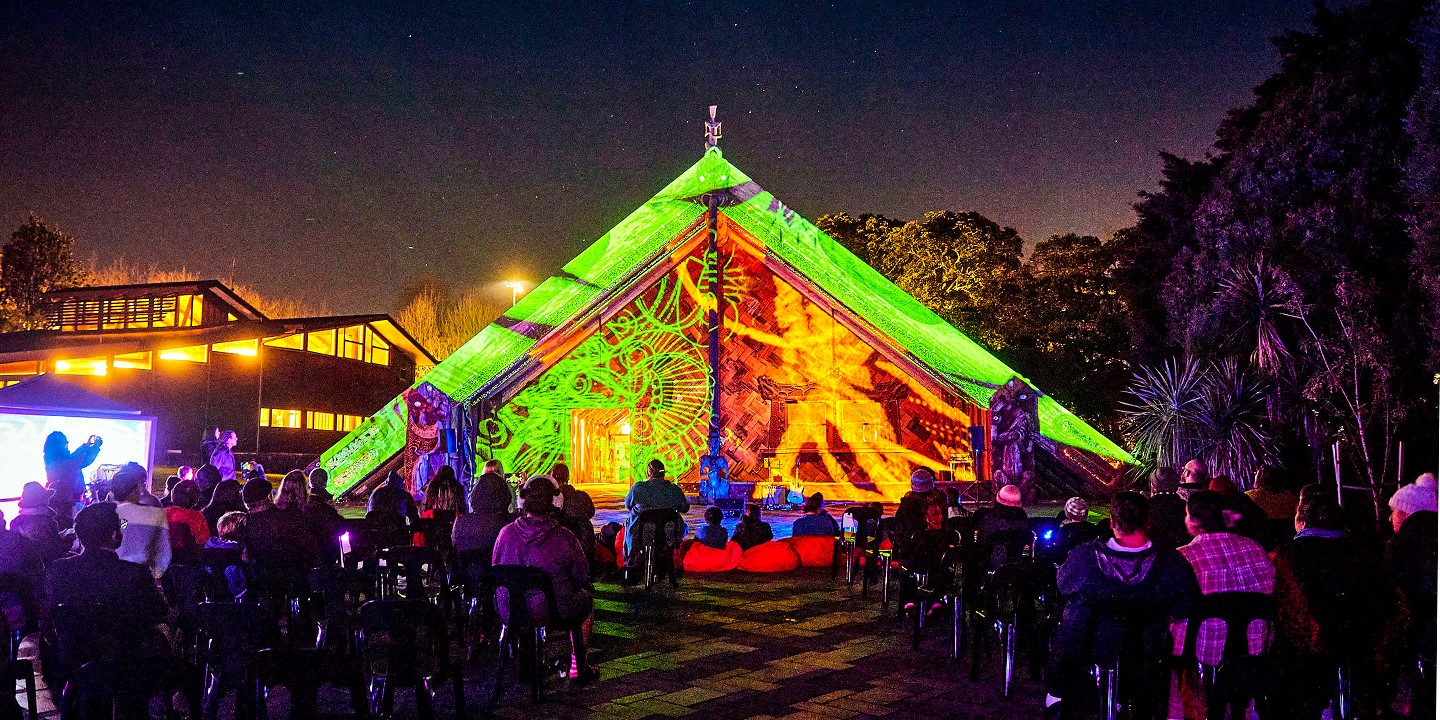Guest post by Brenda Massey
Unitec has a reputation for focusing on applied and impactful research, delivering breakthrough discoveries and practical, low-cost solutions that are readily implementable. Research at Unitec concentrates on opportunities and problems identified by industry, community and iwi/hapū.
Without support from funding organisations, Unitec researchers would not be able to conduct research. Funding for research at Unitec comes from central and local government agencies, philanthropic and charitable trusts, and industry. While competition for grants has never been more intense, Unitec punches above its weight in terms of its success in winning external funding. In 2021 Tūāpapa Rangahau (Unitec’s Research Office) provided research management and research administration support to Unitec Principal Investigators in the delivery of 44 active externally funded projects worth over $15 million in contract value.
The successful delivery of an externally funded research project hinges on the Principal Investigator’s ability to lead, co-ordinate and perform the research. Operational and administrative assistance and advice from institutional support teams including Tūāpapa Rangahau, Finance, HR and IMS is vital to ensuring the smooth and timely delivery of contracted research.
Tūāpapa Rangahau’s team includes a dedicated Senior Grants Advisor, whose role it is to match researchers and research projects to externally funded opportunities; two Research Partners who provide specialist expertise across the institute in private and public-sector partnerships, commercialisation activity, technology transfer and the management of intellectual property; and a Research Contracts Specialist who manages external contracts in support of Principal Investigators, ensuring legal, financial and human-resource oversight.
Unitec typically embraces a collaborative approach to its research, partnering with researchers from other institutes of technology, universities, and Crown Research Institutes to leverage capability on externally funded projects. A prime example was Unitec’s collaboration with Southern Institute of Technology (SIT) and NorthTec to undertake a Lottery-funded project to monitor waterway microplastic pollution in Southland through community mobilisation (citizen science). It brought together skill sets from three different ITPs (Institutes of Technology and Polytechnics) to achieve a research project that could not be done by one institution alone. In this case, bringing together the subject-matter expertise of researchers at SIT and NorthTec, with the project oversight and grant-contract management at Unitec. This experience provides a template for future research collaborations between the ITPs that will be joining Te Pūkenga.
Research and innovation can inform decision making and provide better and more effective services across social, health and environmental functions. In 2021 Associate Professor Marcus Williams, Unitec’s Director Research and Enterprise, collaborated with Peter Bruce-Iri, Reconnecting Northland, Integrated Kaipara Harbour Management Group and NorthTec to establish the professional development and training needs of a rural community in Te Tai Tokerau around regenerative land use. The project was funded by The New Zealand National Commission for the United Nations Educational, Scientific and Cultural Organisation (UNESCO).
The research team developed a strong relationship with Te Aroha Marae through their Chairman Te Reo Hau, and the project helped to see the emergence of a community garden on the site of a nearby school. Monthly hui and learning modules on topics including composting, pest control, grafting and propagation were held, supported by the project, with focus groups enabling the team to glean insights into the type of learning needed and the mode of learning that best suits the community.
A characteristic of Unitec researchers in recent times has been a readiness to seek pragmatic approaches to the challenges of delivering research projects in a Covid-disrupted world. This was particularly true of research relying on field work, where research methods needed to be improvised, timeframes and budgets constantly revised, resources reallocated, and national and regional travel fitted within fleeting windows of opportunity. The flexibility and pragmatism applied by Unitec researchers in 2020 and 2021 to deliver on their contracts was acknowledged by many funders choosing to award next-phase funding and/or provide timeframe extensions.
Unitec’s incorporation into Te Pūkenga on 1 October 2022 will create even more opportunities for collaborative, applied, impactful research that is meaningfully partnered into community and industry. This type of research is not well served in Aotearoa and the country needs it.





